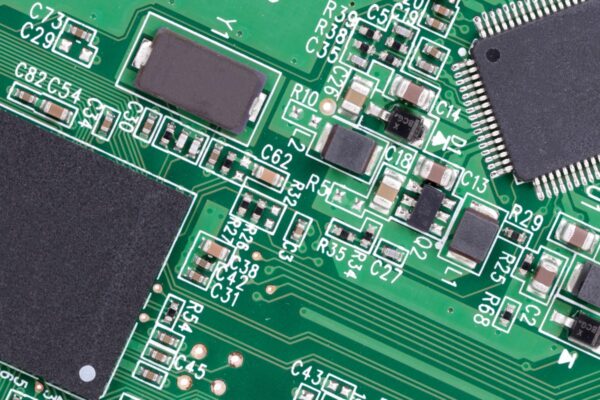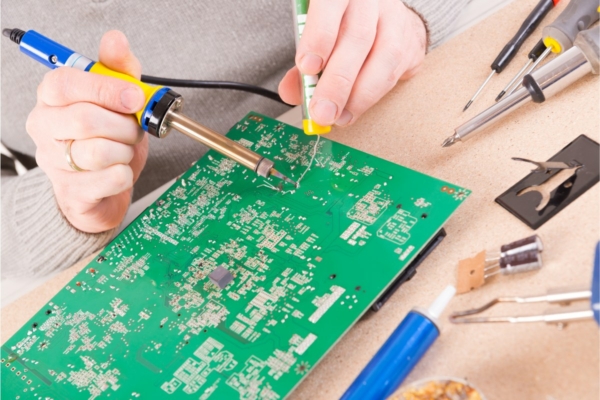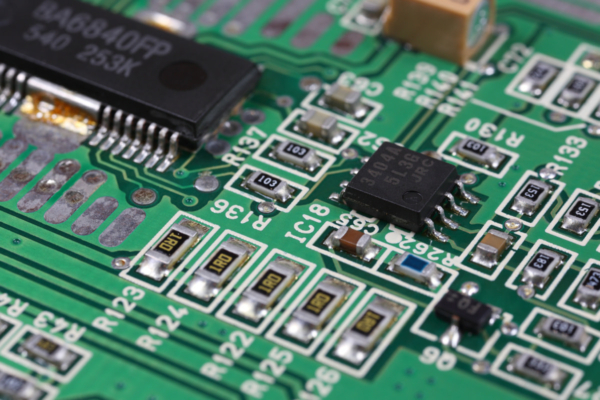What is Base Solderability
Base solderability is the inherent ability of the base material or substrate used in PCB manufacturing to be wetted by molten solder, ensuring secure and reliable connections. It is a characteristic that determines the effectiveness of the soldering process and the overall quality of the finished PCB.
Solderability tests highlight the significance of evaluating the coating, solder, and flux used in PCB production. These tests help assess the base solderability of the material, ensuring it can withstand high temperatures and effectively bond with the solder during the assembly process. By conducting thorough solderability tests, manufacturers can identify any issues or deficiencies in the base solderability of the material, enabling them to take corrective measures before full production.
By focusing on base solderability, manufacturers can prevent poorly soldered boards from reaching the market, reducing costs and ensuring the reliability and longevity of the final product. It allows for efficient and effective soldering processes, leading to secure connections and optimal performance of the PCB.





